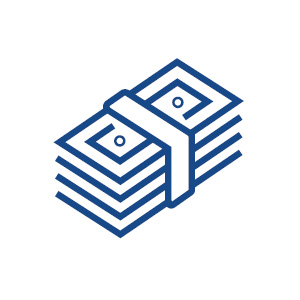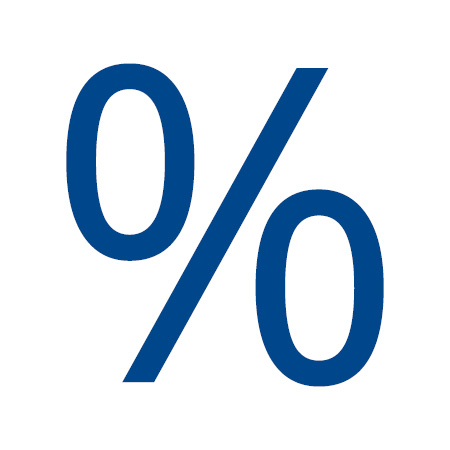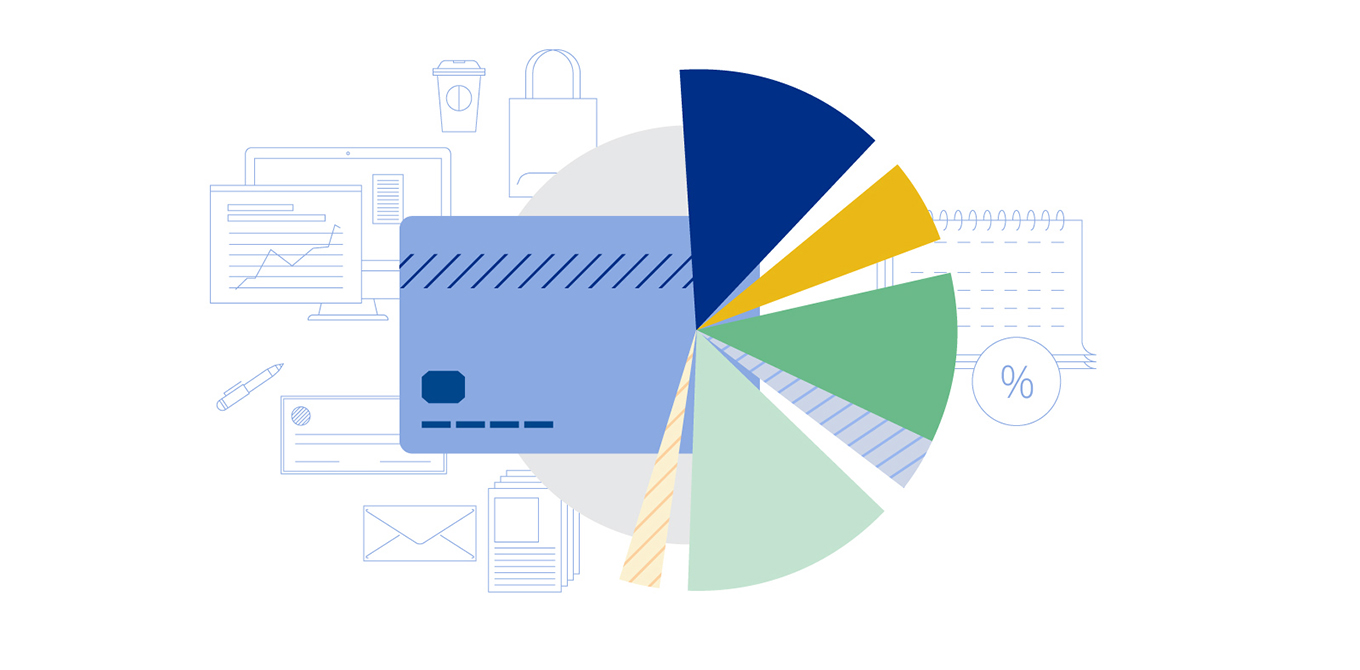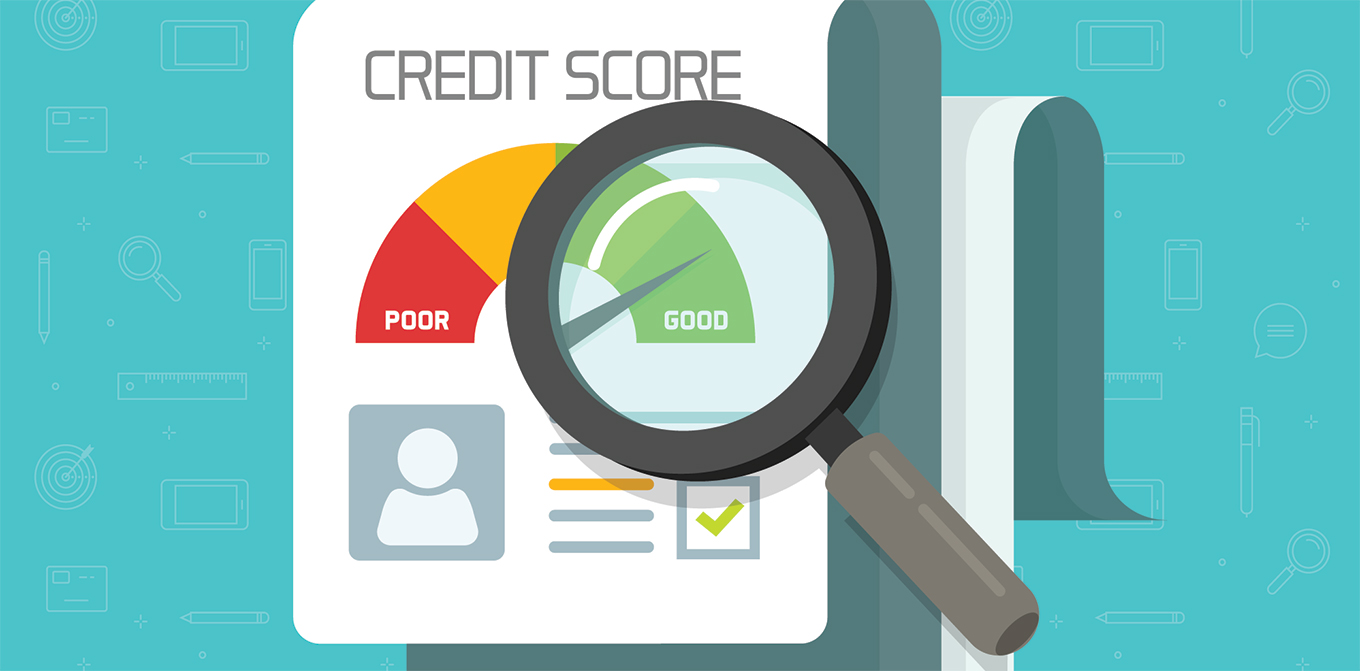How to create good debt (and steer clear of bad debt)
Debt is a fact of everyday life – according to the New York Fed, as of August 2018, Americans had a total household debt of $13.29 trillion.1
But how do you know which debt is “good debt" and which is “bad debt?" The answer depends in part on your own personal approach to managing your debt payments. Some people believe that there is no such thing as “good debt" and live totally debt-free, while others can rationalize the value of being in debt for a few years for certain purposes if the payments are affordable and the interest rate is low. But in general, there are a few rules of thumb for understanding which debts can help move your life forward, and which debts can damage your financial future.
Good debts are worth more than they cost
When deciding which debts are “good debts," try to think of your life and future as an investment. Some debts can help you build a stronger financial future by maintaining or increasing your income, giving you a valuable asset that is worth more than it cost, or helping you manage your financial life in a way that helps you grow your wealth over time.
Here are some examples of "good debts":
 Student loan debt
Student loan debt
Student loans can be “good debt" if they help you earn a degree and launch you into a well-paying career. Student loan debt is not risk-free, however. Some student loan debt has higher interest rates and can be harder to pay off, and student loans generally cannot be discharged in bankruptcy. So think carefully before you take on too much student loan debt.
 Home mortgage debt
Home mortgage debt
If you have good credit, your home mortgage interest rate might be the lowest-interest debt you’ll ever have. Ideally, this debt can help you live in a nicer home than you would have otherwise been able to afford, while helping you gain wealth from building equity in your home. The fact that homeownership rates are so high (64.4% as of October 20182) is a sign that most Americans believe that mortgage debt is “good debt." However, as the housing crisis of 2007-2009 showed us, even mortgage debt is not risk-free. If your house declines in value, if you lose your job and need to move on short notice and cannot sell your house when you need to, you might come to feel that mortgage debt is a “bad debt." Try not to borrow more for your house payment than you can comfortably afford.
 Small business debt
Small business debt
Borrowing to invest in a small business is generally considered “good debt" if it helps you make more money and build a successful business. Much like borrowing money for higher education, this form of debt should ideally help position you to earn more money in the future. There are still risks involved with borrowing for your small business, and you need to make sure that your debt burden is manageable, but this can be a viable way to help grow your business. (Although many small business owners prefer to “bootstrap" their businesses with minimal debt.)
 Auto loan debt
Auto loan debt
Another form of “good debt," or at least necessary debt for many people, is a car loan. Most Americans need a vehicle to get to work, so it's a required expense to maintain your income. If you have good credit and a newer car, your car loan might be at a very low rate of interest. This means that you can enjoy the benefits of a newer, more reliable car than you could afford by paying cash only.
Ideally, “good debts" should help you make more money (such as helping you get a degree or professional certification to qualify for a better paying job), get to work (such as an auto loan), or build wealth (such as your home mortgage). Good debts are worth more than they cost because they help make your financial life better.
Bad debts drag you down
Bad debts do not help make your financial life better; they cost more than they're worth and can even put you at risk for bankruptcy. In general, the following types of “bad debts" should be avoided:
 Credit card debt
Credit card debt
Credit cards charge high interest rates and their fees can quickly add up. It's understandable to want to use your credit cards as a cash-management tool – especially if you can qualify for rewards points or cash back bonuses. But you should try to pay off your credit card balances in full each month, or as quickly as possible, to avoid interest and fees.
 Payday loans
Payday loans
People who lack good credit and cannot qualify for credit cards can find themselves looking for short-term financial help in the form of payday loans or check-cashing services. But beware, these services often charge astronomical interest rates that can leave you in dire financial trouble. Many states are regulating payday loans and car-title loan companies (some of these services repossess people's cars if they fail to repay their loans). Avoid these high-interest debts if at all possible – the risk is too great.
 Borrowing to invest
Borrowing to invest
Some day traders like to invest in stocks by using borrowed money, in hopes of boosting their returns. This is also known as “buying on margin" or using a “margin account." Although this technique is used by big Wall Street investors, it's a risky move that is not recommended for everyday investors. If your stock picks lose value, you will suddenly have to repay a loan with money that no longer exists.
 Predatory/High interest loans
Predatory/High interest loans
Be aware of very high interest or particularly long term loan. Predatory loans are loans geared to consumers who don’t have any legitimate loan alternatives and take an offer with sky-high interest rates, confusing pay down terms and penalty-based charges. As mentioned above, payday loans are an example of this type of loan – with interest rates often exceeding 100%. Even some car loans can be predatory (some borrowers are now signing up for auto loans of 84 months or more). While the monthly payments may be attractive, you could end up paying more than the car is worth. In general, beware of these types of loans.
Debt is a necessary aspect of modern financial life, but it doesn't have to bring you down. By making strategic decisions about which debts you choose to take on, you can build a stronger financial foundation for your life.




